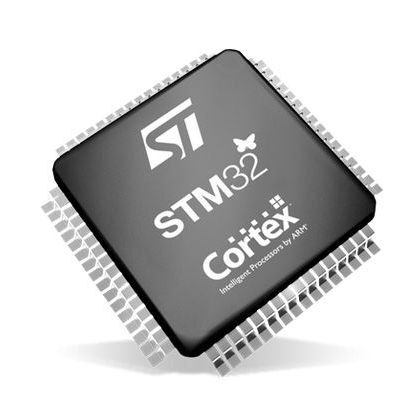We really like when a vendor finds a great book on a topic — probably one they care about — and makes it available for free. Analog Devices does this regularly and one you should probably have a look at is Software Defined Radio for Engineers. The book goes for $100 or so on Amazon, and while a digital copy has pluses and minuses, it is hard to beat the $0 price.
The book by [Travis F. Collins], [Robin Getz], [Di Pu], and [Alexander M. Wyglinski] covers a range of topics in 11 chapters. There’s also a website with more information including video lectures and projects forthcoming that appear to use the Pluto SDR. We have a Pluto and have been meaning to write more about it including the hack to make it think it has a better RF chip inside. The hack may not result in meeting all the device specs, but it does work to increase the frequency range and bandwidth. However, the book isn’t tied to a specific piece of hardware.
Make no mistake, the book is a college-level textbook for engineers, so it isn’t going to go easy on the math. So if the equation below bugs you, this might not be the book you start with:
[Di Pu] and [Alexander Wyglinksi] have an older similar book, and it looks like the lecture videos are based on that book (see video below). The projects section on the website doesn’t appear to have any actual projects in it yet, although there are a couple of placeholders.
We have enjoyed Analog’s book selections in the past including The Scientist and Engineer’s Guide to Digital Signal Processing which is a classic. If you visit their library you’ll find lots of books along with classes and videos, too.
If you want something a bit less academic, there’s always [Ossmann’s] videos. Or if you’d rather just use an SDR, there are plenty of inexpensive options to choose from.

















“We really like when a vendor finds a great book on a topic — probably one they care about — and makes it available for free.”
Or offer a cut-down, or otherwise modified version.
Don’t bother looking for Digital Down Converters [DDC’s]. The book goes straight to Zero IF [ZIF] “As Used in the Pluto SDR” with diagrams of the inner workings of the AD9361, and no alternatives even rate a mention [in the index, or by PDF text search].
Which is fine I guess – provided your design works above 70MHz, and you’re willing to pay $175 per chip [in lots of 100+]. If you need to cover lower frequencies, or a cheaper design with reduced functionality, you will want resources not discussed in this PDF.
Yeah I have a lot of experience with the AD9361 having put it into commercial products and used the earliest ADI EVB’s with it on. I was surprised to find it on RS at £200+ as a bare chip (not in stock though). It must be cheaper if you’ve negotiated with ADI I suspect.
The 1300 registers (and more besides) are quite formidable to program!
Ironic that the book is free, but all the examples are done in Matlab.
https://perso.crans.org/besson/matlab-clones.en.html
http://freemat.sourceforge.net/
It isn’t that hard to use one of the “almost” matlabs and honestly, in a school, they are going to use Matlab.
Is there a newer version with a converter or compiler into just C or C++? I forget which version that was done away with and the MCR was required.
Matlab 2007 is free :)
Another gift from the good people at Analog Devices. Amazing silicon and open-source for everything they do! I have been experimenting with the Pluto devices for several months now. You won’t find anything else in this class anywhere for $100. It is the ultimate prototyping platform for learning everything related to SDR / DSP as well as integrating Linux/FPGA implementation utilizing buildroot. From narrow-band to wide-band, the performance is excellent. If you are interested in developing SDR applications, I highly recommend checking out the liquid-dsp project as well. It is useful for developing apps on your PC with the SDR sourcing/sinking the samples via lib-iio, or you can create stand-alone apps to install on the Pluto itself.
Nice paper. I started browsing and found a few errors in the first 1/10 or so. For example, in section 2.2.3 there is a statement about an increased sampling frequency violating Nyquist where I think the author means an increased sampling interval. If anyone finds some notes or errata, please share.
If you find issues, please let us know https://github.com/sdrforengineers/bookerrata
Many people did review things, but it’s always possible (more like probable) that issues slipped through, and we need to fix issues, or improve clarity. Thanks for reading things, and we hope you enjoy it.